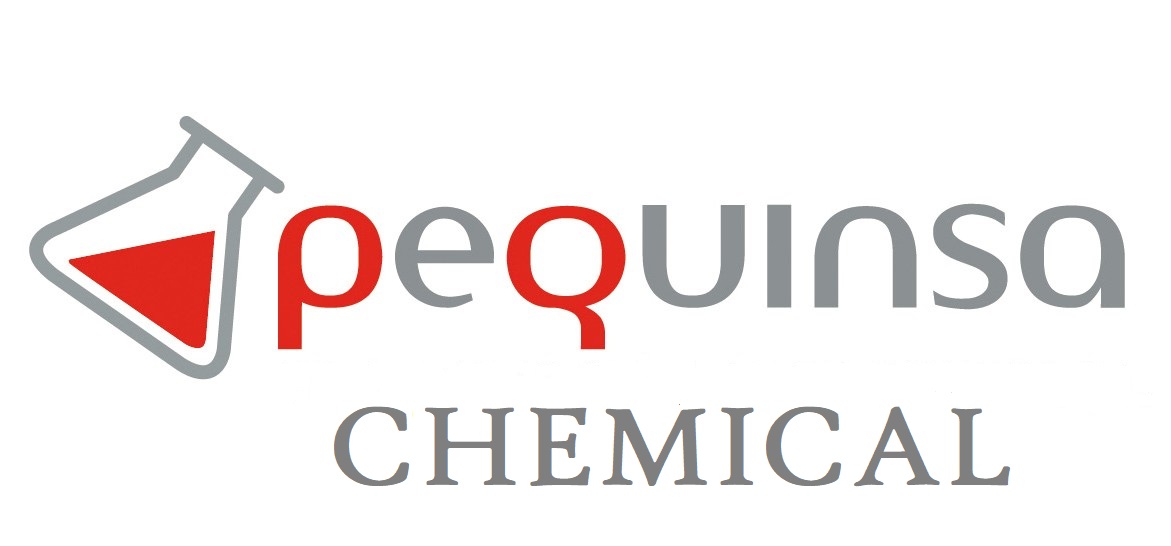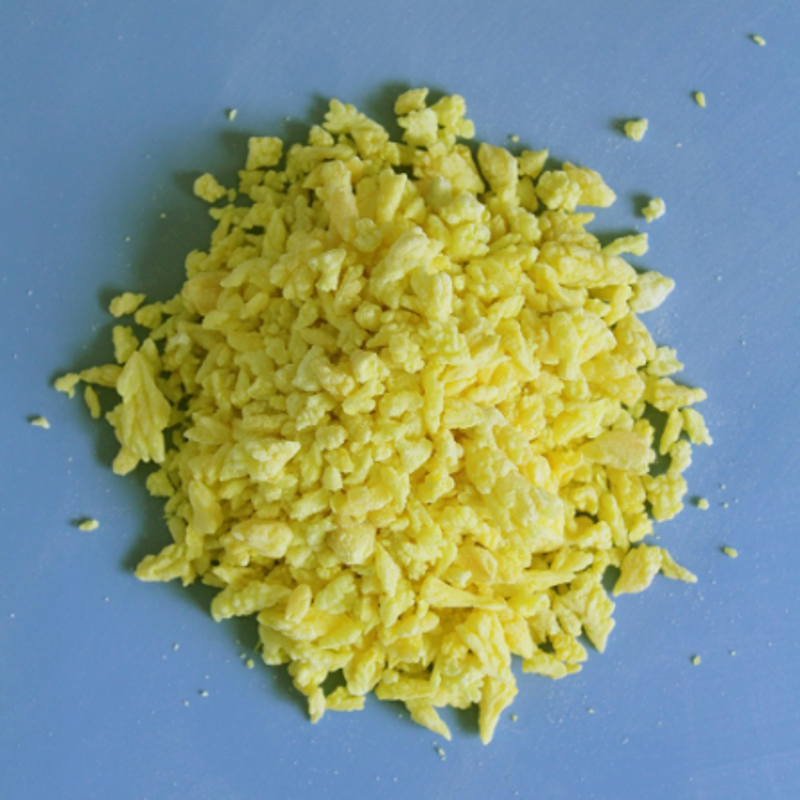-
Categories
-
Pharmaceutical Intermediates
-
Active Pharmaceutical Ingredients
-
Food Additives
- Industrial Coatings
- Agrochemicals
- Dyes and Pigments
- Surfactant
- Flavors and Fragrances
- Chemical Reagents
- Catalyst and Auxiliary
- Natural Products
- Inorganic Chemistry
-
Organic Chemistry
-
Biochemical Engineering
- Analytical Chemistry
-
Cosmetic Ingredient
- Water Treatment Chemical
-
Pharmaceutical Intermediates
Promotion
ECHEMI Mall
Wholesale
Weekly Price
Exhibition
News
-
Trade Service
This past Mid-Autumn Festival
Did you also eat and drink a lot?
After each festival
Many people are prone to upset stomachs
A variety of problems can arise from the high load of the gastrointestinal tract
If you experience these symptoms:
Acid reflux, heartburn, hiccups, nausea
Vomiting, bloating, stomach pain, etc
May be wary of gastroesophageal reflux disease!
What is GERD?
Gastroesophageal reflux disease (GERD) is a condition
caused by gastric contents flowing back into the esophagus, mouth (including larynx), or lungs.
Large-scale population epidemiological surveys in China show that the prevalence of GERD is about 10%, which is a digestive tract disease
with a high incidence.
What are the symptoms of GERD?
The typical symptoms of GERD are acid reflux and heartburn, which refers to the sensation of acid in the stomach flowing into the esophagus and mouth, and heartburn refers to the burning sensation
behind the sternum.
GERD can also be accompanied by some atypical symptoms such as chest pain, epigastric pain, belching, strep throat, sinusitis, otitis media, cough, asthma, pneumonia, etc
.
Who is susceptible to GERD?
the elderly, smokers, obese, especially those with hiatal hernia;
pregnant expectant mothers (changes in the hormonal environment and increased pressure in the abdominal cavity), infants (low gastrointestinal motility);
People who
drink a lot of coffee, strong tea and chocolate, eat too much, overeat irritating foods such as spicy and sweet and sour, and have long-term constipation.
How can I prevent GERD?
1Avoid overeating and maintain the rhythm
of three meals in the stomach.
During the holidays, you should not be hungry or overfilled
.
2 Do not eat an hour before going to bed at night; After falling asleep, if the gastrointestinal tract moves too much, it will increase the burden and will also affect the quality of
sleep.
3 Tobacco and alcohol are important inducing factors for reflux, try to quit smoking and drink less
.
4 Foods that can aggravate reflux should be avoided or reduced as much as possible, such as spicy or acidic foods, high-fat diets, chocolate, coffee, strong tea, glutinous rice, sweet potatoes and carbonated drinks
.
5Appropriate increase in protein intake, high-fiber diet, etc.
can help improve reflux
.
How is GERD treated?
Traditional treatments for GERD include medication and surgery
.
drug therapy
Proton pump inhibitors (PPIs) are the drugs of choice for the treatment of GERD, which can effectively inhibit gastric acid secretion and reduce the acidic components in reflux in GERD patients, thereby alleviating reflux symptoms
such as acid reflux heartburn.
However, the drug can not fundamentally solve the problem of reflux, many patients need to take long-term medication, there are potential risks such as indigestion, atrophic gastritis, increased gastric polyps and pancreatic tumors, and the symptoms are easy to recur after stopping the drug, which not only increases the economic burden of GERD patients, but also seriously affects their quality of life
.
In addition, studies have shown that about 30% of patients with GERD do not respond to
drug therapy.
Surgical treatment
Another treatment for GERD is surgery, also known as laparoscopic fundoplication, which surgically strengthens the anti-reflux barrier at the lower end of the esophagus to prevent reflux from occurring in the first place
.
The advantages of surgical treatment are that the effect is long-lasting and the recurrence rate is low, the onset of action is fast, and the drug can be stopped after surgery, which is suitable for patients who are ineffective in drug treatment or cannot tolerate long-term medication, and the current minimally invasive surgery is less invasive and recovers quickly
.
However, many patients are afraid of surgery and are slow to make up their minds to do surgery
.
A new cure for all
Endoscopic treatment
In recent years, with the continuous advancement of endoscopic technology, endoscopic radiofrequency therapy has been gradually developed for the treatment
of gastroesophageal reflux disease.
Endoscopic radiofrequency therapy is under the guidance of gastroscope, a radiofrequency therapy catheter is inserted into the esophagus, and the gastroesophageal junction is heat treated with multi-level and multi-point radiofrequency therapy instrument, the main mechanism of action is to promote tissue regeneration through heat energy, induce collagen tissue contraction, remodeling, and block nerve pathways, thereby increasing the thickness and pressure of the lower esophageal sphincter, reducing the relaxation of the lower esophageal sphincter, and preventing gastroesophageal reflux
.
The whole treatment process only takes 30 minutes, the treatment is sedation and anesthesia is painless, and the treatment is immediately awakened, and there is no need to fast
after the treatment.
At present, radiofrequency therapy, as the only endoscopic treatment recommended by SAGES in the United States for gastroesophageal reflux disease, has been very mature and has achieved good results
.
A large number of treatment experiences have shown that endoscopic radiofrequency therapy for GERD has a significant effect, and 93% of patients are satisfied with symptom improvement; Up to 86% of patients do not relapse after 4 years without medication
.
Endoscopic radiofrequency therapy is a very appropriate treatment
for patients with GERD who do not respond to medication, are reluctant to take the drug for a long time, and are afraid of the pain caused by surgery.
At present, Run Run Shaw Hospital has established a gastroesophageal reflux disease diagnosis and treatment center composed of gastroenterology and general surgery, taking the lead in introducing Stretta endoscopic radiofrequency therapy device in the province, combined with the original skilled endoscopic banding, laparoscopic fundoplication and other treatment methods, forming a full-process diagnosis and treatment integration center for gastroesophageal reflux disease, which can provide multidisciplinary comprehensive diagnosis and treatment from diagnosis to treatment, from internal medicine to surgery, and provide the most appropriate treatment for every patient with gastroesophageal reflux disease
。
If you have acid reflux heartburn
It will not heal for a long time
Why not visit Run Run Shaw Hospital?
Take a look at the GERD Diagnosis and Treatment Center
Outpatient clinic of the Gastroesophageal reflux Disease Diagnosis and Treatment Center







